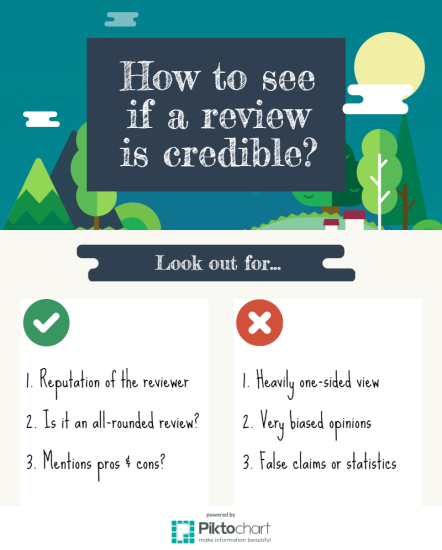In our fast-paced technological society, I would like to think of data as a currency. Why so? Most social media platforms marketed as ‘free’ to use. However, instead of monetary compensation to these social media platforms, what we users are ‘paying’ to them is our data and personal information. The exchange of our data for their services is what has kept social media platform giants like Facebook running, with its infamous affiliations to governmental spy agencies such as the National Security Agency (NSA). As mentioned by Valerie, the NSA is able to gather billions of personal information of non-American citizens, which is a threat to not only our personal privacy but also to our national security. In addition, I would agree that with this collected data that can easily be used as a bargaining chip or a form of blackmail, which would only force obedience into the people (read: fascism), is highly unethical. It is also our responsibility to be wary of what we post to social media as we should always keep in mind that someone might be watching our every move.
On the other hand, Jacinda has touched on a different ethical issue on social media – astroturfing. I share the same stance on astroturfing with her – that it is acceptable for social influencers to accept sponsorships and promote them, but only if they are transparent about it. However, I believe that from a corporate marketing point of view, it is undesirable to have your social influencer declare that it is a paid advertisement as it would reduce the credibility of the influencer’s review of the sponsored product/service. It is vital that one balances between being effective, yet ethical and honest when having a social influencer advertise your product/service. Having said that, we should use our own judgment to determine honest and ethical a review by a social media influencer is.

(Image by me, created by Piktochart)
Ultimately, we should not be overly dependent on social influencers’ reviews as we will never know how ethical they are. By looking out for the six traits shown in the infographic above, we consumers are able to better judge online reviews and refrain from being victims of unethical astroturfing.

